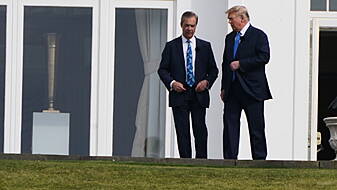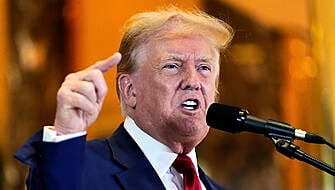Taking the knee may be a simple anti-racism gesture, but it has caused social and political controversy lately.
With the England team set to take the knee before their matches at the European Championship, it will continue to cause debate.
Where does the gesture come from?
NFL player Colin Kaepernick first took the knee during the American national anthem before a game in 2016.
He said it was a protest against a country where black people are routinely discriminated against.
The anti-racism symbol has since been universally adopted in different sports.
It has also been a feature of Black Lives Matter protests.
Why are England players taking the knee?
The gesture was adopted by Premier League players and officials to highlight racial inequality and discrimination.
However, some fans have started booing the gesture, including Hungarian supporters who booed the Republic of Ireland team before last week's 0-0 friendly draw.
Speaking after the game, Ireland boss Stephen Kenny said: “The fact it was booed is incomprehensible really, and it must be damaging for Hungary, with the Euros in Hungary.
“It's disappointing and it doesn't reflect well on Hungary really, on Hungarian support. It doesn't reflect well.
“Our players wanted to do it. It's important. It's an important stance and I commend them for taking that stance.”
In the buildup to Euro 2020, England manager Gareth Southgate said his players are more determined than ever to continue taking the knee.
Some stadiums have used music to drown out the sound of fans booing. The majority of supporters who boo the gesture claim it is not out of racism.
Some have argued that it amounts to bringing politics into sport, while others claim the gesture has lost its meaning.
Why are people against taking the knee?
Similar to booing fans, those who argue against taking the knee claim it is not out of racism.
Some people have argued the gesture has lost its meaning.
QPR were one of the first English clubs to scrap the pre-match gesture. Technical director Les Ferdinand said: “Taking the knee was very powerful but we feel that impact has now been diluted. The taking of the knee has reached a point of ‘good PR’ but little more than that. The message has been lost. It is now not dissimilar to a fancy hashtag or a nice pin badge.”
Some players share this sentiment. Crystal Palace player Wilfried Zaha recently revealed he would stop taking the knee.
“I feel like taking a knee is degrading,” he said, adding that he would instead “stand tall”.
Politicians have even entered the debate on both sides with some claiming the gesture shouldn't be used and others supporting it.
When asked directly if he would take the knee, British Prime Minister Boris Johnson refused to answer but condemned those who boo players for doing so.
The players continuing with the gesture feel it is more important than ever, particularly due to the boos from certain crowds.
Will other teams at Euro 2020 take the knee?
Some teams have decided to 'take a stand' against racism instead.
Scotland will do this except for their game against England, where Steve Clarke's side will take a knee before kick-off in a show of solidarity with their opponents.
In a statement, UEFA said: “UEFA has a zero-tolerance against racism and any player who wants to demand equality amongst human beings by taking the knee will be allowed to do so. We urge spectators to show respect for teams and players taking the knee.”







